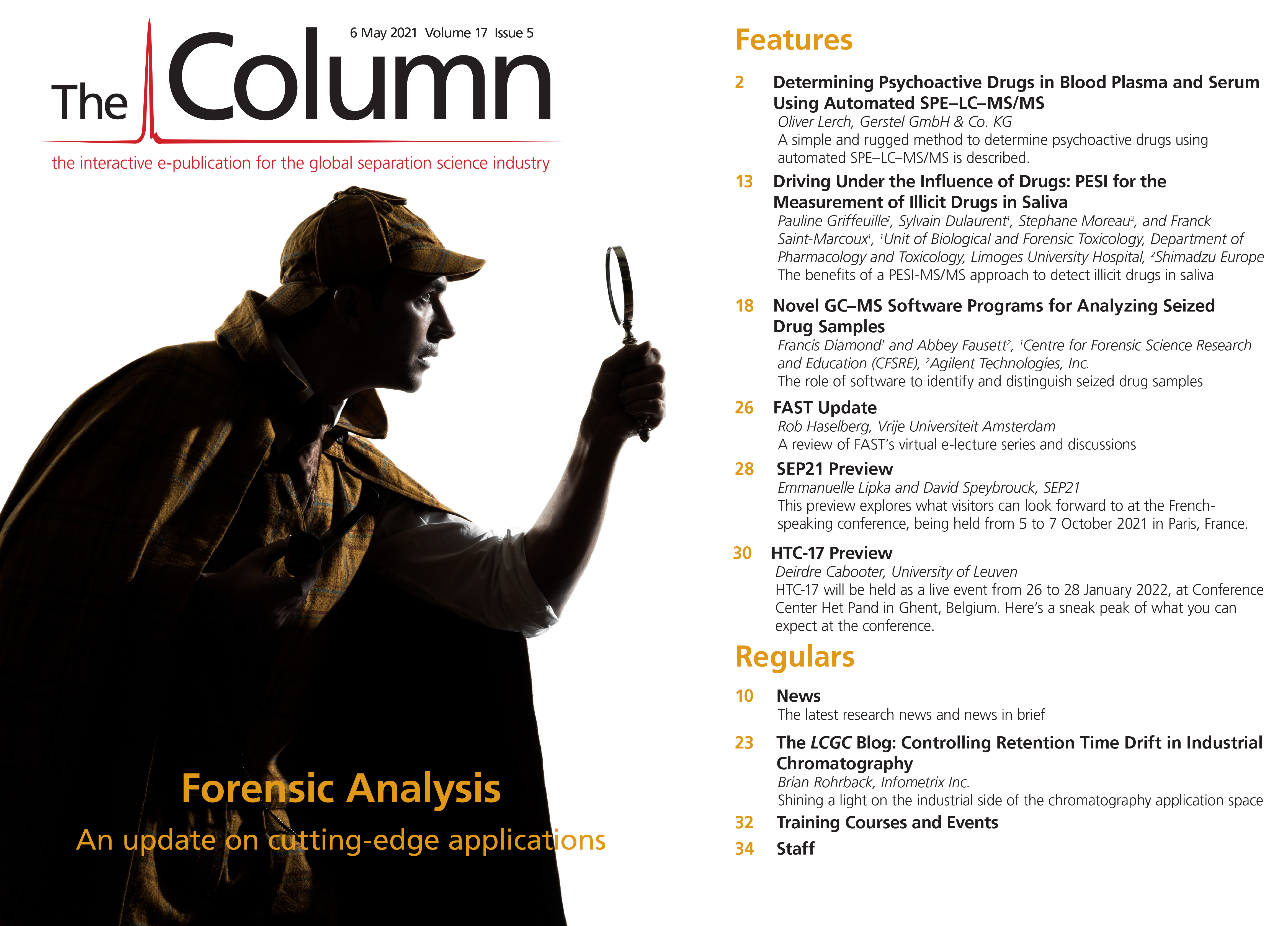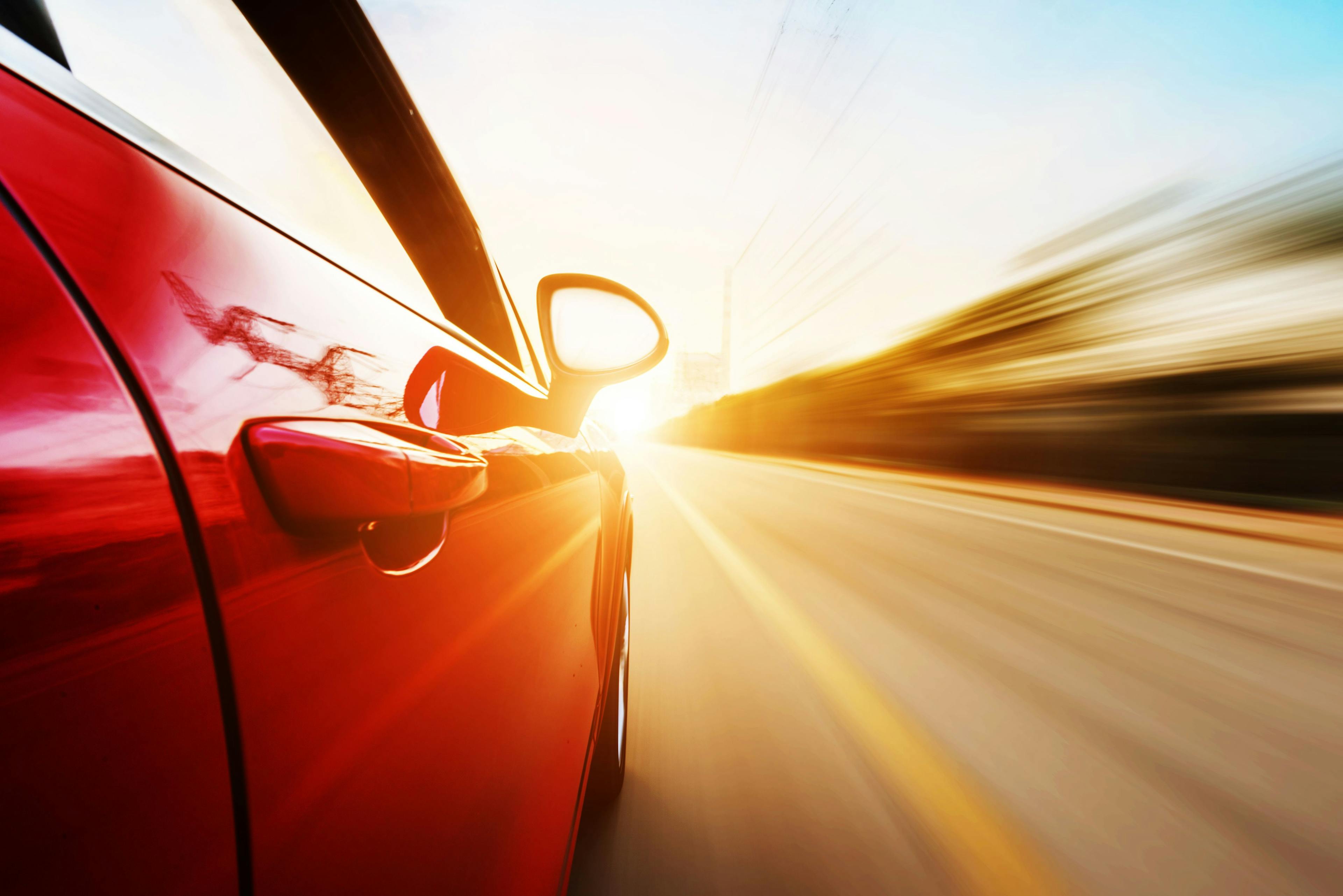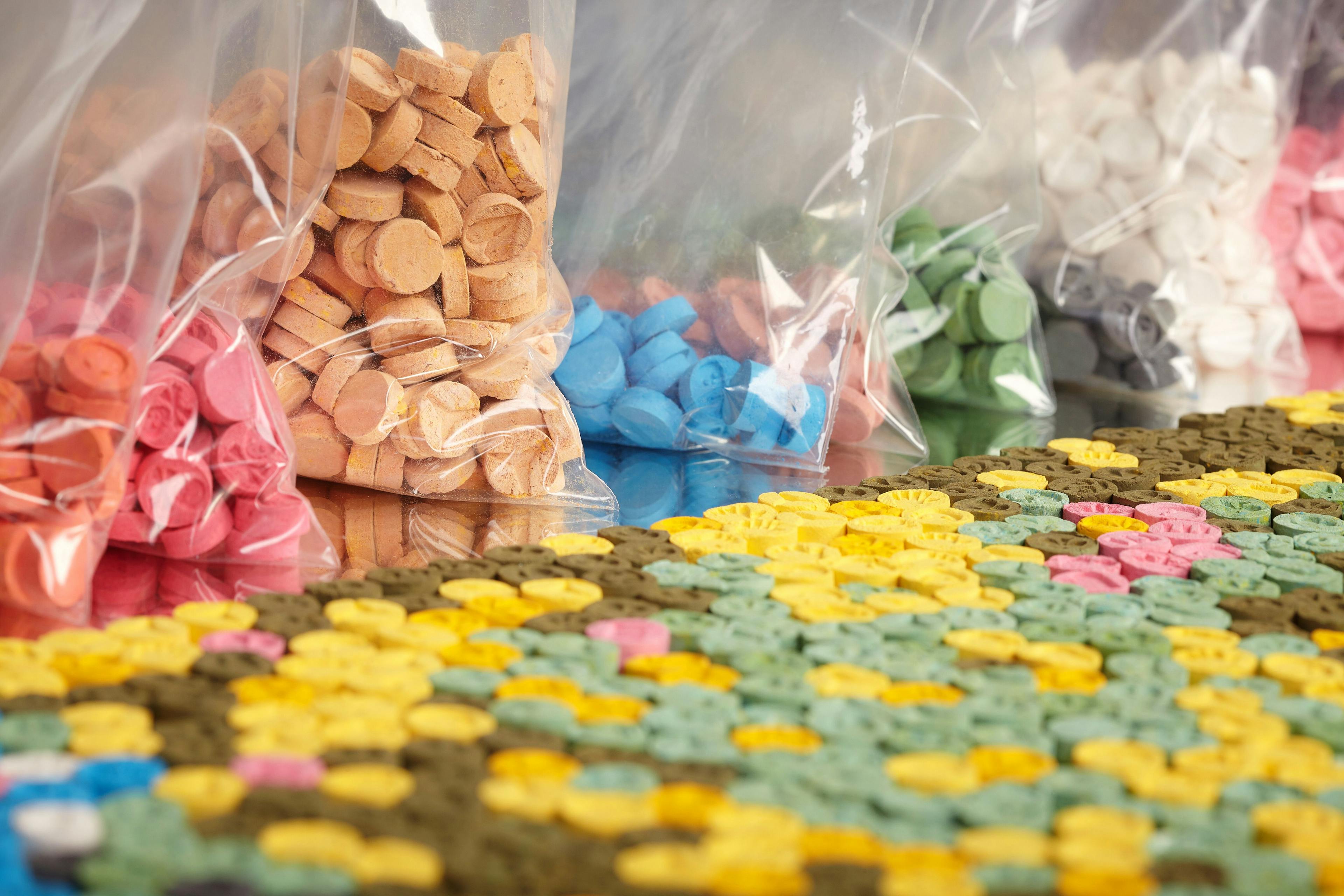LCGC Europe and HTC-17 Launch HTC Innovation Award for 2022
LCGC Europe are now accepting nominations for the 2022 HTC Innovation Award through to 30 June 2021.
“It is such a privilege to showcase the work of the brightest scientists around the globe who are making pioneering contributions to the field of separation sciences,” said Michael Hennessy Jr., president and CEO of MJH Life Sciences, parent company of LCGC Europe. “We are delighted to honour and recognize the achievements of a talented scientist who is continuing to propel the specialty forward, making great strides in their career and research.”
The 2022 HTC Innovation Award winner will be selected by the HTC-17 Scientific Committee and the HTC-17 Industry Board, based on the following criteria:
• The winner has made a pioneering contribution to the field of separation sciences by introducing new methodologies, new instrumentation, or new techniques in the field, with a strong focus on applicability.
• Applications are open to scientists who have under 15 years of experience after completing their PhD.
• Applications from separation scientists worldwide are welcomed. LCGC Europe readers can nominate themselves or others.
Previous winners have included: Ryan Kelly of Brigham Young University, Utah, USA, who was nominated and awarded the honour based on his outstanding contributions to the field of microcolumn separations involving hyphenation, and Carolin Huhn of Eberhard Karls Universität Tübingen, Germany, who received the inaugural award for her work on a modular instrumental approach where the modular building blocks can be flexibly combined in relation to particular analytical tasks to implement a broad range of different elements of chemical analysis.
The 2022 HTC Innovation Award recipient will be presented with a plaque honouring their accomplishment at the HTC-17 conference, which will be held in Ghent, Belgium, at Conference Center Het Pand, the culture and congress center of Ghent University, from the 26–28 January 2022.
For more information and to submit a nomination, click here: https://bit.ly/3wcb3dW

Characterizing Plant Polysaccharides Using Size-Exclusion Chromatography
April 4th 2025With green chemistry becoming more standardized, Leena Pitkänen of Aalto University analyzed how useful size-exclusion chromatography (SEC) and asymmetric flow field-flow fractionation (AF4) could be in characterizing plant polysaccharides.
Investigating the Protective Effects of Frankincense Oil on Wound Healing with GC–MS
April 2nd 2025Frankincense essential oil is known for its anti-inflammatory, antioxidant, and therapeutic properties. A recent study investigated the protective effects of the oil in an excision wound model in rats, focusing on oxidative stress reduction, inflammatory cytokine modulation, and caspase-3 regulation; chemical composition of the oil was analyzed using gas chromatography–mass spectrometry (GC–MS).
















